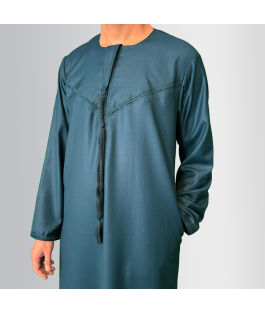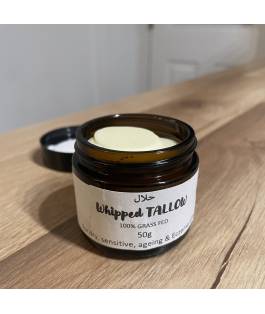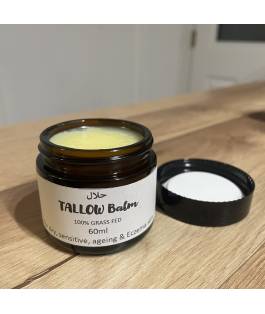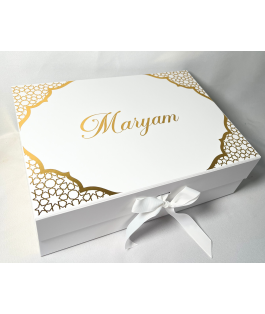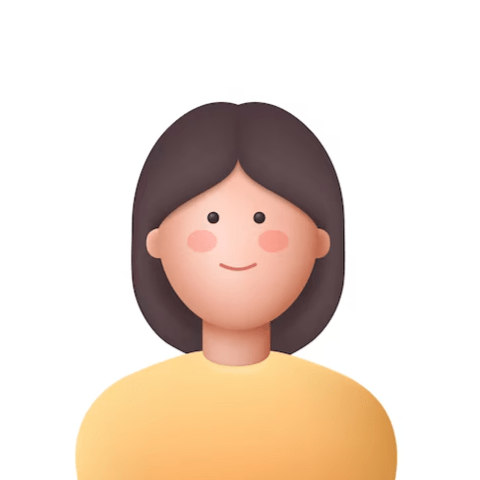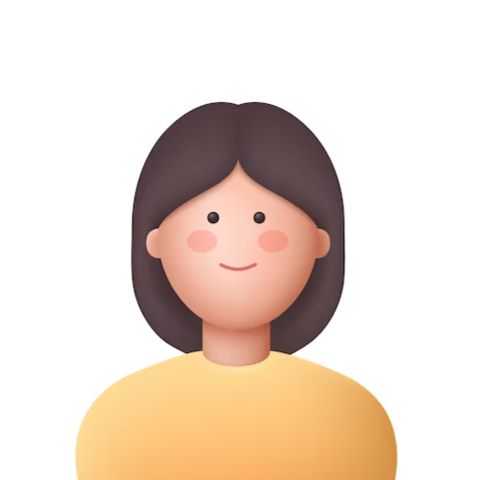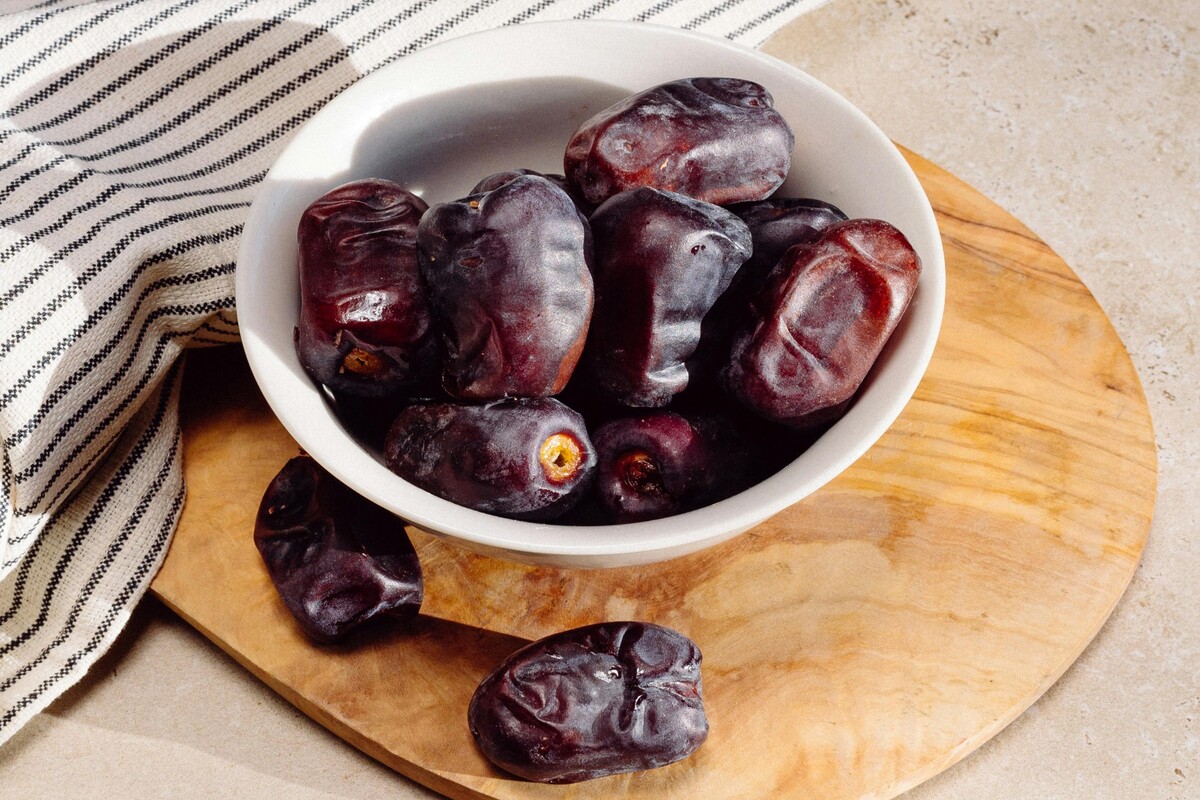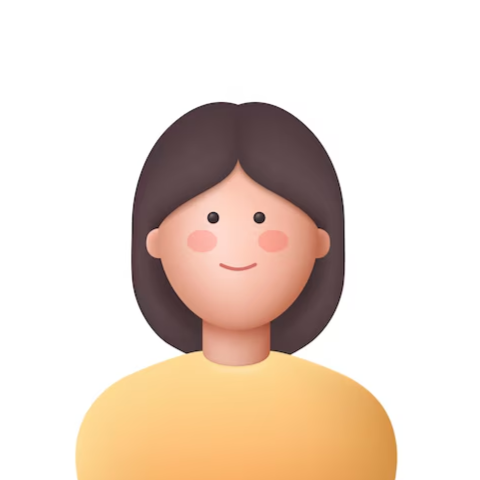Today, with over 2 billion Muslims in the world, it has never been a better time to start selling Islamic Products. Amazon is one of the most famous platforms for selling such products because it has high reach and plenty of opportunities for sellers.
In this guide, we will walk you through the process of selling Islamic products on Amazon. We will cover things like fees, and effective listing strategies. We will also take a look at an Amazon alternative, a growing Islamic marketplace in the UK: Riwaya.
What Is Amazon?
Amazon is the world's largest online marketplace, and it’s a platform where sellers from any country can showcase their products, including digital downloads. Amazon's Kindle Direct Publishing (KDP) offers a platform to publish and distribute ebooks, while Amazon's broader marketplace enables the sale of physical and digital downloads of any type.
Did you know?
There are more than 350 million products listed on Amazon.
Leveraging Amazon's reach and customer base can expose your products to a vast and global audience.
What Are Islamic Products?
Before we dive deeper into the techniques of selling on Amazon, let’s first have a good understanding of Islamic products.
What Makes a Product Islamic?
For a product to be classified as Islamic, it should cater to the needs and interests of Muslims, and adhere to several rules such as the absence of any offensive imagery, and providing accurate product descriptions and fair pricing.
Prophet Muhammad PBUH said, “The honest and trustworthy merchant will be with the prophets, the truthful, and the martyrs.” (Al Tirmidhi)
Here are some examples of products you can sell to the Muslim community:
1. Literature: Books and publications on various Islamic topics.
2. Clothing: Hijabs, Abayas, Thobes, etc.
3. Art Prints: Calligraphy, Quranic verses, and inspirational quotes.
4. Educational Materials: Arabic learning resources, Quran study guides, etc.
5. Prayer Accessories: Prayer rugs, and beads.
6. Home Decor: Wall art, Islamic symbols, and decorative items.
Is Amazon The Best Marketplace for Muslims?

With millions of sellers on the platform, it is no secret that Amazon has become highly competitive, especially for new sellers. This is because established sellers who have been on the platform for long enough will naturally have higher visibility on Amazon, which makes your listing’s chances of being noticed smaller as the platform keeps growing.
Did you know?
There are currently 9.7 million sellers on Amazon.
The high level of competition and the overcrowded platform make Islamic marketplaces like Riwaya a better choice for Muslim sellers. Unlike Amazon, Riwaya connects digital product sellers with Muslim buyers and is less crowded, enabling you to sell more, faster, and more easily.

Our fees, compared to other online marketplaces, are some of the lowest and most seller-friendly fees:
| Platform |
Referral fees |
Closing fees |
Listing Fees |
Transaction fees |
| Amazon |
8%-45% depending on the category |
£1.41 |
£0.78 - individual sellers |
2.9% + £0.24 (mobile and web solution) |
| Riwaya |
5% |
None |
None |
1.5% + £0.20 |
Sell Islamic Products Online
Join Riwaya as a seller today and showcase your Islamic products to the right audience. Your journey to success starts here.
Shop Islamic Products Online
Interested in Hijabs, Abayas, Thobes, and Islamic books? We offer everything from Islamic clothing and books to fragrances and halal food. Today is the day to start the best shopping experience!
4 Tips to Sell Islamic Products on Amazon
Here are some tips to consider when selling on Amazon:
1. How to Differentiate Your Product
To capture the attention of potential customers, your product needs to offer something unique. Whether it's an ebook that delves into a specific aspect of Islamic history or a planner for students, managers, or doctors, your product should stand out in terms of quality, value, and relevance.

Here are a few ways to do that:
Price differentiation: You can either set a slightly higher or lower price. Setting a higher price could indicate premium quality to potential buyers. On the other hand, if your product offers exceptional value, you might consider offering it at a lower price than competitors.
Features: Introduce unique features that solve specific problems of your Muslim buyers. For example, if you're selling daily planners, consider adding features like sections for prayer times or customisable sections for Quran reflection.
Software: You could be offering similar products on the market but on different software. For example, if most competitors are selling Quran Journals as PDFs, you could sell yours as Notion or Google Doc templates.
2. What Are Amazon’s Fees
Now that you’ve differentiated your product, you want to make sure you’re offering it for the right price. While offering value is important, pricing too low can raise quality questions, and pricing too high may deter potential buyers.
Choose a price that strikes the right balance, and make sure you’re selling within your profit margin. That’s why, before you set your price, you must take into account Amazon’s fees.
Let’s have a quick look at Amazon’s fees, compared to Riwaya’s:
| Fees |
Amazon |
Riwaya |
| Transaction Costs (Referral fees) |
8% - 45% |
5% |
| Closing fees |
$1.8 (£1.41) |
None |
| Listing Fees |
$0.99 (£0.78 individual sellers) |
None |
| Payment Processing/Transaction Fees |
2.9% + £0.24 |
1.5% + £0.20 |
| Additional Costs |
Yes (ads costs, Refund administration fees) |
None |
| Crowded Out |
Yes |
No |
When comparing fees, Riwaya's model is designed to be more seller-friendly, with only a 5% fee when you make a sale, with an additional payment processing fee of only 1.5%+ £0.20 through Stripe
Example:
Suppose you sell a digital product for £45 with both Amazon and Riwaya, your profit will be as follows:
| Platform |
Product Price |
Fees |
Profit |
| Amazon (individual account) |
£45 |
£8.94 |
£36.06 |
| Riwaya |
£45 |
£3.125 |
£41.875 |
3. How to Optimise Your Listings
Amazon's search algorithm plays a significant role in determining how products are ranked and displayed to shoppers. To enhance visibility, optimise your product listings with relevant keywords, engaging descriptions, and high-quality images.

This optimisation improves your chances of appearing in search results when customers are looking for Islamic products.
4. How to Promote Your Products?
The best way to promote and market your product is to build a brand.
Establishing a strong brand presence can set you apart from the competition. Create a brand identity that resonates with your target audience, communicates your values, and reflects the essence of your Islamic products.
You can use social media platforms that your buyers are active on to communicate with them, listen to their complaints and suggestions, and build collaborations with other Muslim sellers in your niche as well as influencers.
Did you know?
49% of consumers report finding the perfect product by seeing a targeted ad, while 40% find it through an organic post by a brand.
Riwaya can assist you in enhancing your brand by showcasing your products directly to Muslim buyers. Unlike Amazon, we abstain from advertising and promoting rival products on your product listing. Better yet, Riwaya does not manufacture products, so you don't have to worry about us duplicating your products.
Start Selling On Riwaya
Riwaya is an Islamic marketplace that gives you access to a large audience that you are targeting: Muslims. It allows your buyers to easily filter products like Islamic books, educational products, wall art, etc
Not only does Riwaya bridge the gap between Muslim sellers and buyers, but our marketplace is also not crowded like other platforms, which makes it easier for you to gain visibility, and sell faster.
Join Riwaya as a seller, and start your halal business the right way!

































